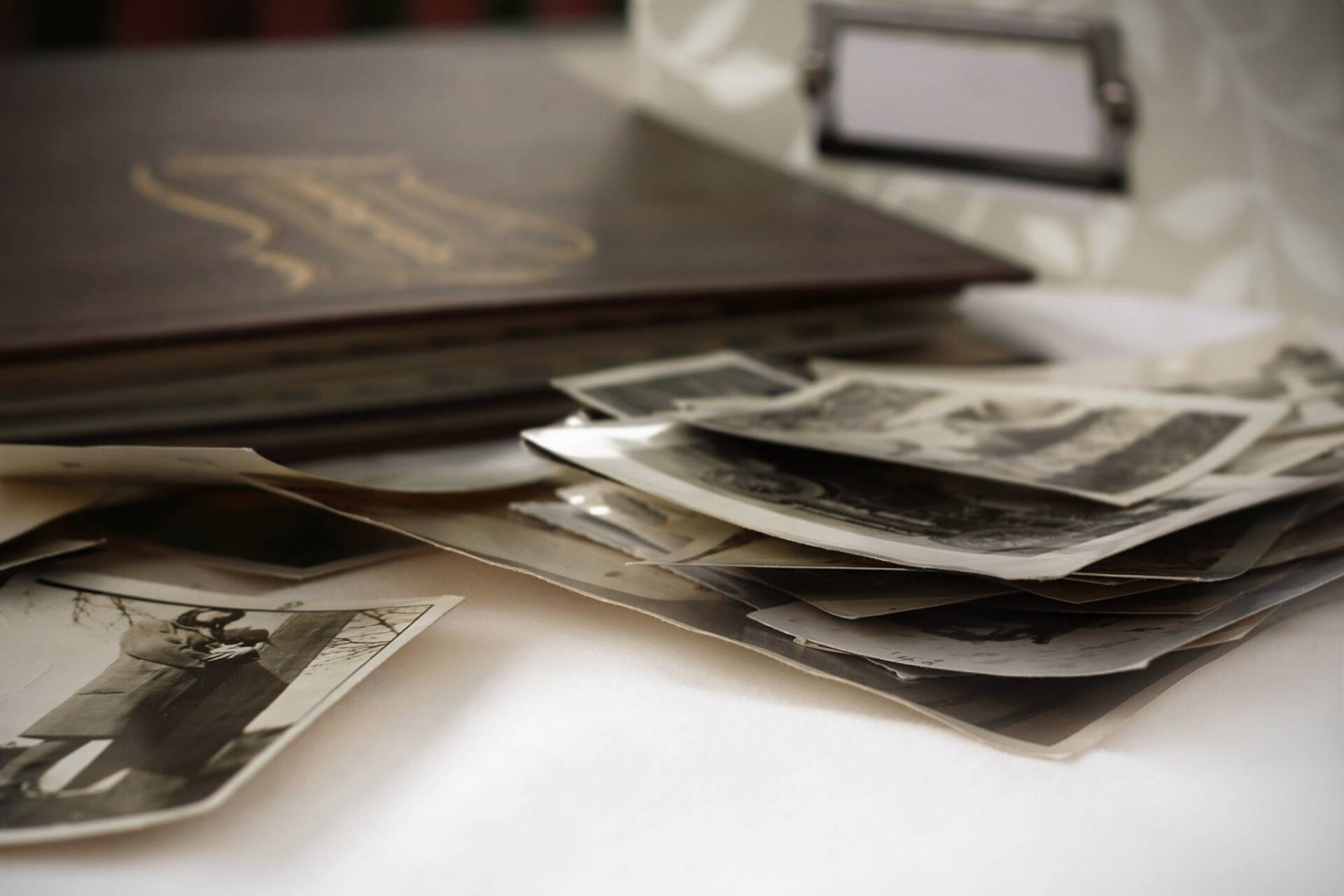When exploring Irish genealogy, military records are often overshadowed by more commonly used resources like census data, church records, or civil registration files. However, military records can offer a wealth of information that is invaluable for anyone seeking to understand their Irish family history. This guide aims to introduce you to the role of Irish military records in genealogical research, what types of information they contain, where to find them, and how to navigate through these resources effectively.
What Are Irish Military Records?
Irish military records are documents that provide details about individuals who have served in various branches of the Irish or British military. These records can span centuries, including periods such as the Irish Rebellion, the Napoleonic Wars, World War I and II, and even more recent conflicts.
Why Are Military Records Important in Irish Genealogy?
1. Unique Information
Military records often include unique information not found in other types of genealogical records, such as physical descriptions, medical records, and details about military service.
2. Geographical Movement
These records can provide insights into the geographical locations where your Irish ancestors were stationed, thereby offering additional clues in your genealogy research.
3. Contextual Background
Understanding an ancestor’s military involvement can offer valuable context to your family history, such as their role in significant historical events or the impact of military service on their lives.
Types of Irish Military Records
Service Records
Service records offer the most comprehensive data, including full name, date of birth, enlistment and discharge details, and service history.
Pension Records
These can reveal not only the length and nature of service but often include physical descriptions and addresses, which are useful for genealogy research.
Medal Rolls and Award Lists
These lists contain names of military personnel who received medals, honors, or commendations and can provide a new avenue for identifying ancestors.
Muster Rolls and Pay Lists
These records offer insight into the units in which your ancestor served, their rank, and periods of active service.
War Diaries and Battalion Reports
While not focused on individual soldiers, these offer a broader context of what life was like during their period of service.
Where to Find Irish Military Records
National Archives in Dublin
The National Archives of Ireland hold a vast collection of military records, particularly for those who served in the Irish army.
British National Archives
Given Ireland’s historical ties with Britain, the British National Archives are a significant resource for finding Irish ancestors who served in the British army.
Online Resources
Websites like Findmypast, Ancestry, and the Military Archives of Ireland offer searchable databases of military records.
Regimental Museums and Archives
Many regiments have their own museums and archives which can contain unique records not found elsewhere.
Local Libraries and Historical Societies
Local collections often include military records related to the community’s residents and can be an untapped resource for your research.
How to Navigate Irish Military Records for Genealogy
Start with Basic Information
Begin your search by gathering as much information as possible about your Irish ancestor, such as full name, birth date, and any known military affiliations.
Consult General Indexes
Before diving into specific records, consult indexes to get a sense of what records are available for the period and military branch you are investigating.
Understand Military Structure
Familiarize yourself with the different army units, regiments, and ranks as these details can help you understand your ancestor’s military records more comprehensively.
Cross-reference with Other Sources
Whenever possible, cross-reference the information found in military records with other sources like census data or church records to confirm details and fill in gaps.
Seek Expert Help
If you find it challenging to interpret the military jargon or need help navigating archival systems, don’t hesitate to consult experts or military historians familiar with Irish genealogy.
Challenges in Using Military Records and How to Overcome Them
Missing or Damaged Records
Military records can sometimes be incomplete due to damage or loss. Using secondary sources like newspapers or memoirs can help supplement this information.
Restricted Access
Some military records may have restricted public access due to privacy laws. Always check the archive’s policy and see if there are alternative means to access these records.
Complexity of Military Terminology
The military world has its own set of complex terminologies. Utilize glossaries and reference materials to understand these terms effectively.
Time-Consuming Process
Navigating through extensive military archives can be time-consuming. Prepare for this by organizing your research questions and goals beforehand.
Special Considerations When Using Irish Military Records
Influence of Historical Context
Understanding the historical period during which your ancestor served can offer crucial insights into their experience and the type of records that may be available.
Impact of Political Changes
Ireland’s complex political history has implications for military service and consequently the type of records that were kept. Be aware of the broader political landscape when searching through military archives.
Variations in Records by Branch and Unit
Different military branches (Army, Navy, Air Force) and even individual units may have distinct types of records, so broaden your search to include these variations.
Importance of Oral Histories
Sometimes, family stories and oral histories can offer invaluable clues when searching for an Irish ancestor in military records. These narratives can provide names, places, and events that serve as a starting point for formal research.
By integrating military records into your Irish genealogy research, you can unlock a treasure trove of unique information that offers both personal and historical context to your family’s story. Whether you are a novice researcher or a seasoned genealogist, understanding how to effectively navigate Irish military records can provide you with a deeper, more nuanced view of your ancestry. Therefore, never underestimate the power of these records as you chart your family’s journey through Ireland’s rich and complex history




Leave a reply